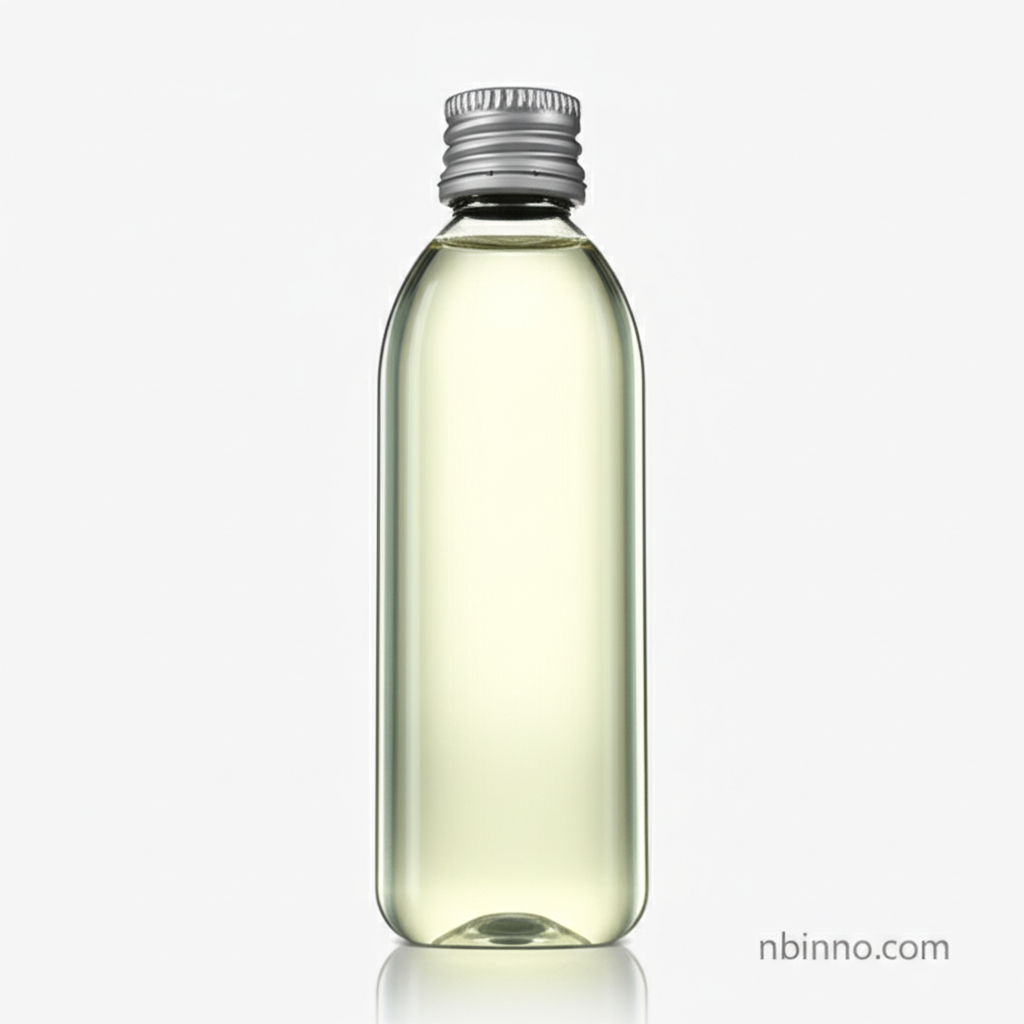2-Hexyl-1-decanol: The Versatile Fatty Alcohol for Enhanced Formulations
Discover the properties and benefits of this essential ingredient for cosmetics and industrial applications.
Get a Quote & SampleProduct Core Value

2-Hexyl-1-decanol
2-Hexyl-1-decanol is a highly versatile branched fatty alcohol that serves as a key ingredient in numerous personal care and industrial products. Its unique chemical structure contributes to its excellent emollient, humectant, and skin-conditioning properties, making it ideal for formulations aimed at improving skin hydration and texture. Its low viscosity ensures superior spreadability and a pleasant, non-greasy feel on the skin.
- Explore the unique properties of this branched fatty alcohol for skincare applications, understanding how it improves moisture retention.
- Discover the synthesis of 2-hexyl-1-decanol and its role as a key component in sustainable personal care formulations.
- Learn about the various industrial applications of fatty alcohols, including their use as surfactants and plasticizers.
- Understand the importance of biodegradable fatty alcohol as a green chemistry solution in cosmetic development.
Key Advantages
Enhanced Skin Hydration
This ingredient is known for its ability to enhance skin hydration by forming a protective film that prevents moisture loss, aiding in the recovery of dry skin and leveraging its humectant properties.
Superior Spreadability
The low viscosity of 2-hexyl-1-decanol allows for exceptionally easy application and a smooth, silky feel on the skin, improving the overall user experience of cosmetic products.
Environmental Sustainability
As a biodegradable fatty alcohol derived from renewable sources or synthesized, it supports sustainable personal care formulations and aligns with green chemistry principles.
Key Applications
Cosmetics & Personal Care
Utilized as an emollient, humectant, and skin-conditioning solvent in creams, lotions, serums, and hair care products to improve texture and hydration.
Industrial Lubricants
Its properties make it suitable for use in industrial lubricants, contributing to reduced friction and wear in machinery.
Plasticizers
Serves as a plasticizer, enhancing the flexibility and workability of polymers in various manufacturing processes.
Surfactant Production
Acts as a base for synthesizing surfactants, which are crucial for emulsification and dispersion in cleaning products and industrial formulations.
